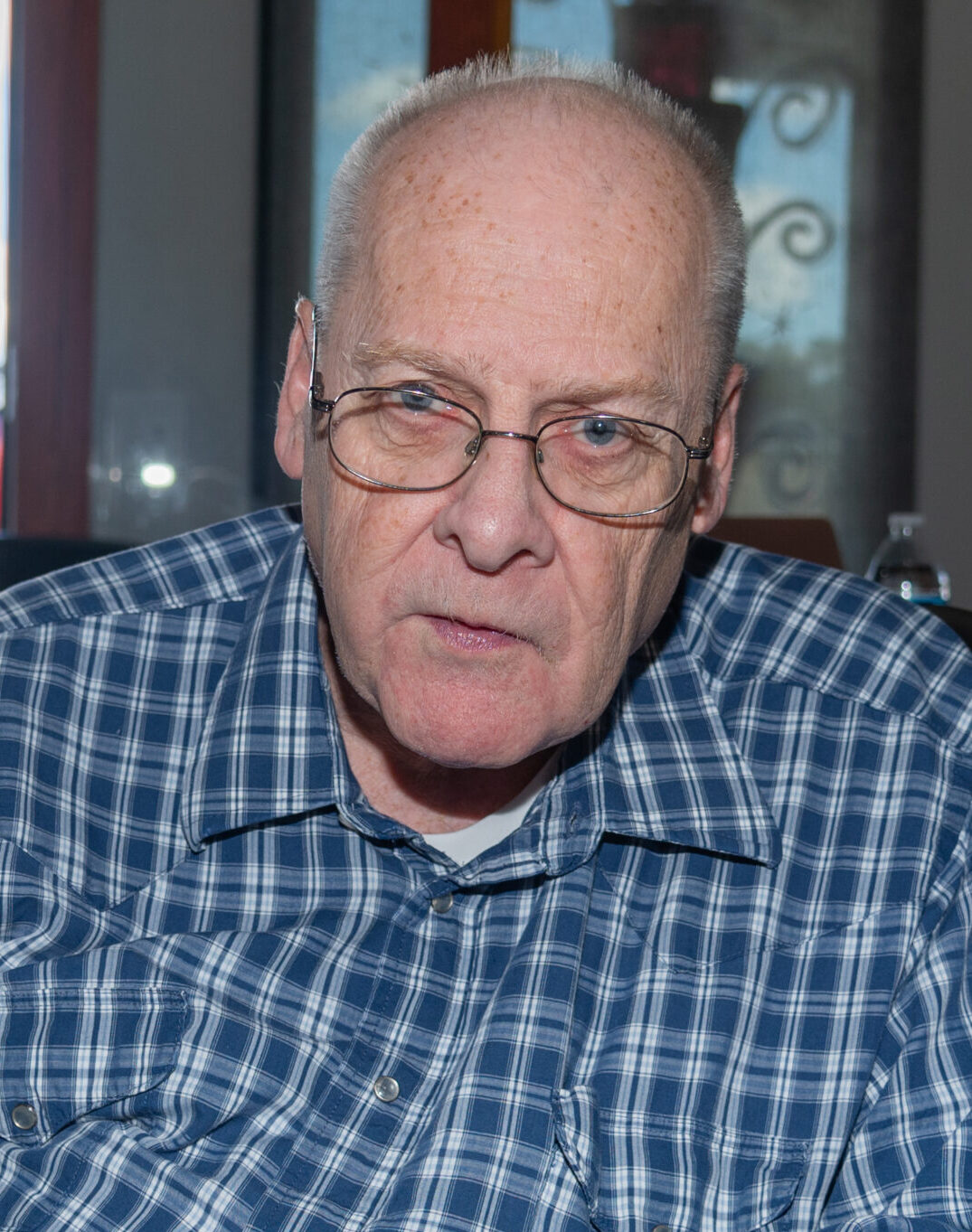BY GREG MARKLEY
OPINION —
I taught a soldier in 2015 at Fort Benning (now Fort Moore) who was a combat survivor of the Iraq war with an interesting name: It was something like “Ahmad Bashar.” Ahmad, or sometimes Ahmed, means “the praised one.” His last name means in Arabic “the bringer of good tidings.” He was raised in Syria but was just six years old when his Arab father died. He proudly carried his dad’s name, for he loved and admired him. This sergeant was one of my best students.
When the tragedy at the Gaza Strip occurred, it was quickly followed by protests and calls of genocide when the Jews fought back. To me, those protests at American universities, etc. were too soon.
I said to myself, “Why not give the surviving victims time to sort it out.”
Later, I wondered if Americans, whose descendants rode the chants “No taxation if no representation” to a new nation, forgot that nations in our era, too, desire to govern themselves.
Benjamin Netanyahu has been prime minister on and off for 20 years. He was “surprised” that terrorists attacked again just as in October 1973 during Yom Kippur (the Day of Atonement). Defense experts criticize Netanyahu and his team for being unprepared. In the United States, we even have people who, almost 23 years after our worst terrorist attack, won’t get on an airplane on Sept. 11 of any year. Why didn’t Israel’s leadership take Yom Kippur as a serious concern?
A CNN story titled “Antisemitic incidents in the US are at the highest level recorded since the 1970s,” by Krystina Shveda, noted that incidents against Jews in America were higher than ever since reporting them began in 1979. Also, in 2022, there was a 69% increase in attacks against visibly identifiable Orthodox Jews.
“Despite the rise of antisemitism, there is still a perception in many people’s minds that Jews are not under threat, that they are successful and wealthy, and are not a targeted minority,” said Mark Weitzman, a scholar of the history of antisemitism and chief operating officer at The World Jewish Restitution Organization.
One out of every four American Jewish adults, not just in the Orthodox category, were targeted in an antisemitic incident ranging from physical attacks to remarks face-to-face or online, a survey by the American Jewish Committee (AJC) found in February 2023.
Yet in Israel, an eclectic group of hundreds of thousands have protested Netanyahu’s ideas for gutting the Supreme Court, in a country that has no Constitution. “To see this human wave surge through blocked highways shouting ‘Democracy!’ is to glimpse Israeli society in all its variety.”
Photographers have been stamped as unpredictable and off-beat partly because of a character in the 1970s show “Lou Grant.” The photographer character earned the nickname “the Animal.” I have worked with photogs who emulate Animals, but most are reputable and manageable. The one who accompanied me to a synagogue in Germany in 1992 was talented but rather unruly.
Things were going well after he took great photos such as of a large candle Menorah in soft light. I greeted a visitor with “Shabatt Shalom,” or “Have a peaceful Saturday.” Our photographer greeted the next man with, “Shaboom, Shaboom” that is slang and disrespectful to people of any faith. He apologized but even today Jews are insulted. That’s despicable.
In a recent article in Foreign Affairs, titled “Why Israel Slept,” Amos Yadlin and Udi Eventful suggest that Netanyahu’s efforts to defang the Supreme Court divided the country so much that the terrorists could and did surprise Israel’s leaders. “Hamas was likely encouraged by the impression that Israel’s internal crisis… had diverted attention from Gaza and significantly undermined Israel’s social cohesion and steadfastness.
“Despite these warnings (by the ministers of defense and national security) conveyed in recent months through a series of letters, Netanyahu chose to disregard them.” It’s probably arrogance at work. I hope that the Israelis and the Gazans in America can have sensible ideas for their fellows in the State of Israel which will be 76 years old on May 14.
There is a term some Middle East people dislike and others do like, that is “Israeli Arabs” (who are Arab citizens). Most media use the term Arab-Israeli to distinguish Arab citizens of Israel from the Palestinian Arabs residing in the Palestinian territories. The soldier I taught at old Fort Benning can safely be called “An Arab-American” because he has one parent who is American. And so it goes.
Greg Markley moved to Lee County in 1996. He has a master’s in education from AUM and a master’s in history from AU. He taught politics as an adjunct in Georgia and Alabama. An award-winning writer in the Army and civilian life, he has contributed to the Observer since 2011. gm.markley@charter.net.


